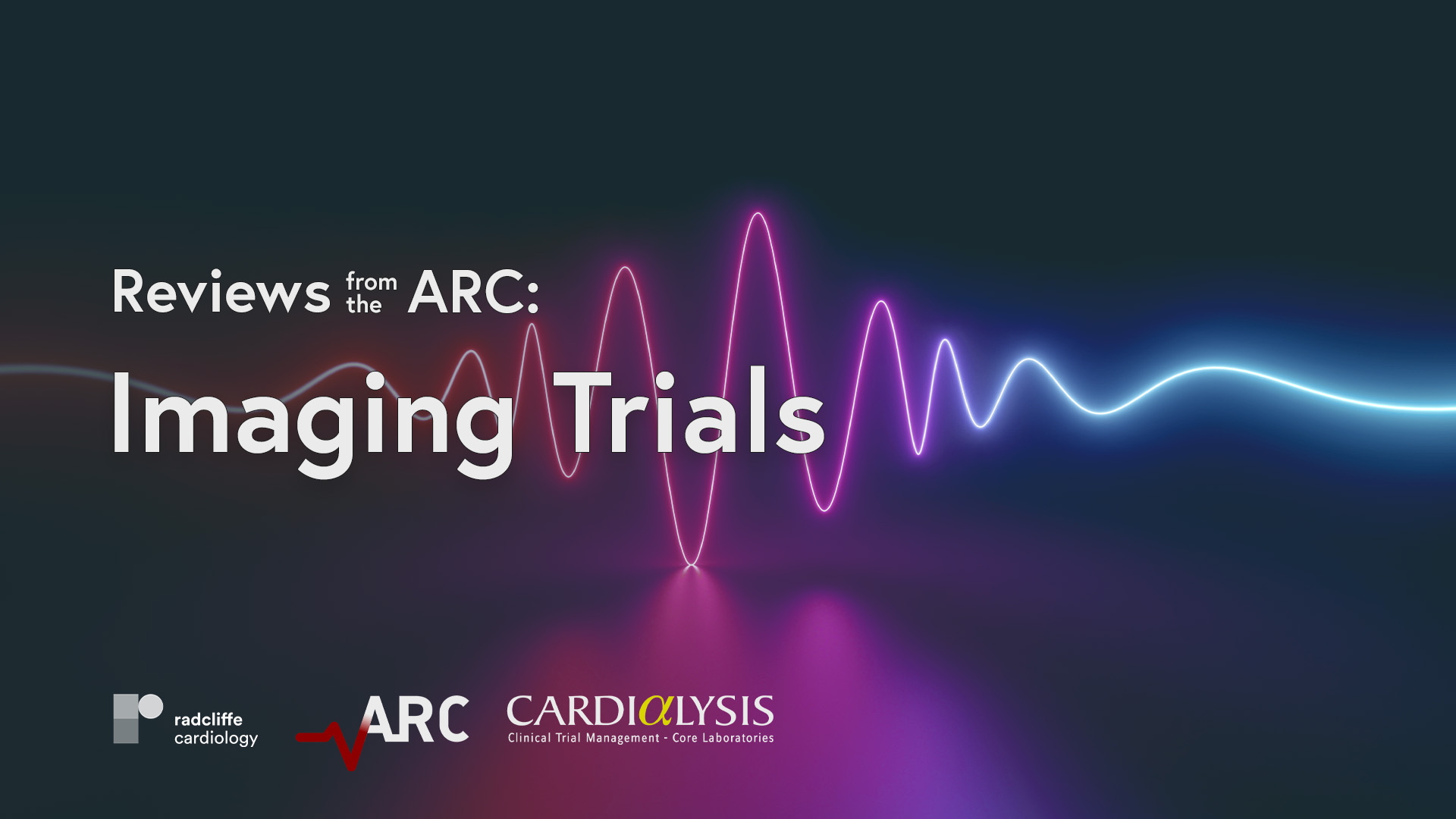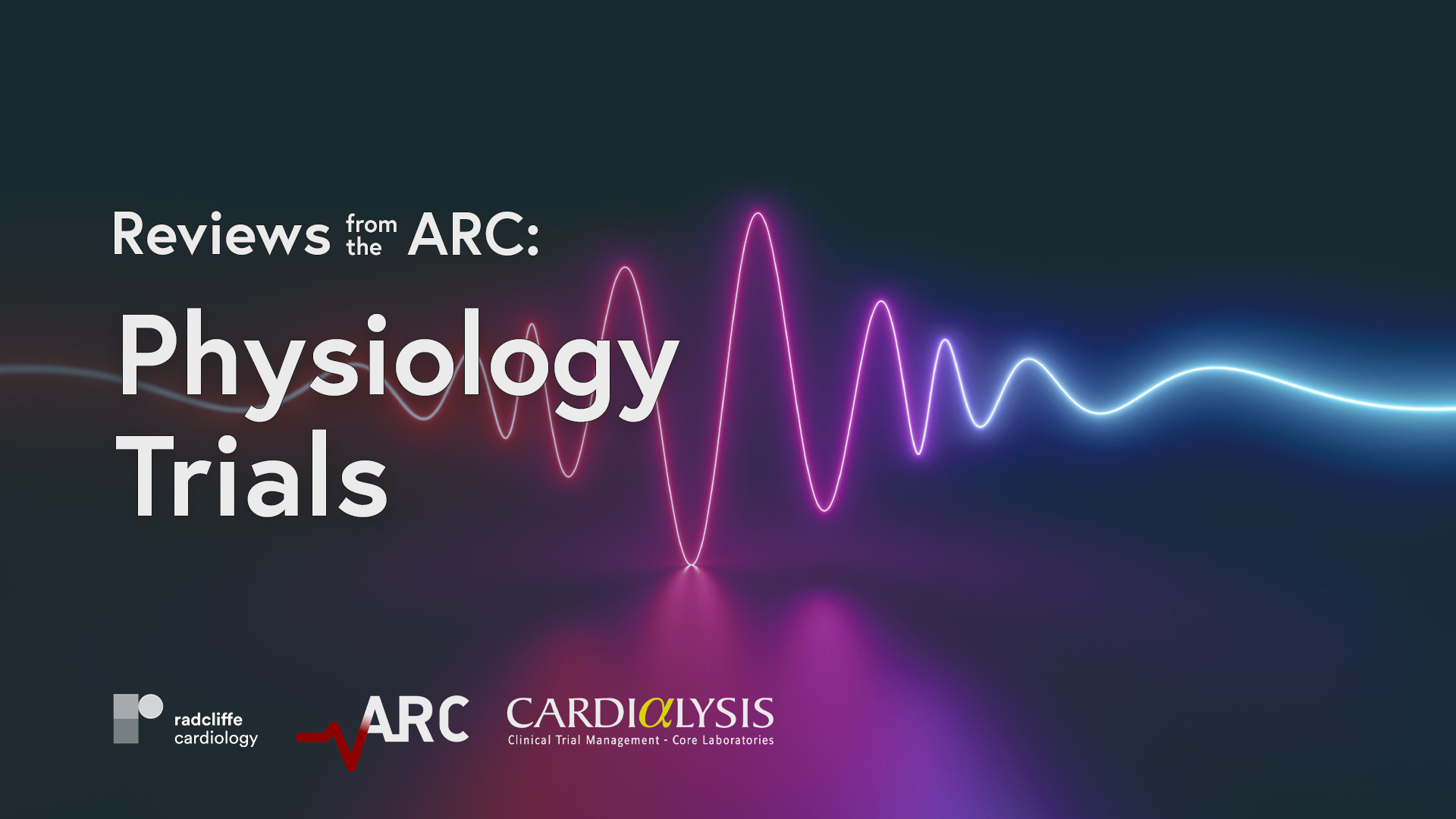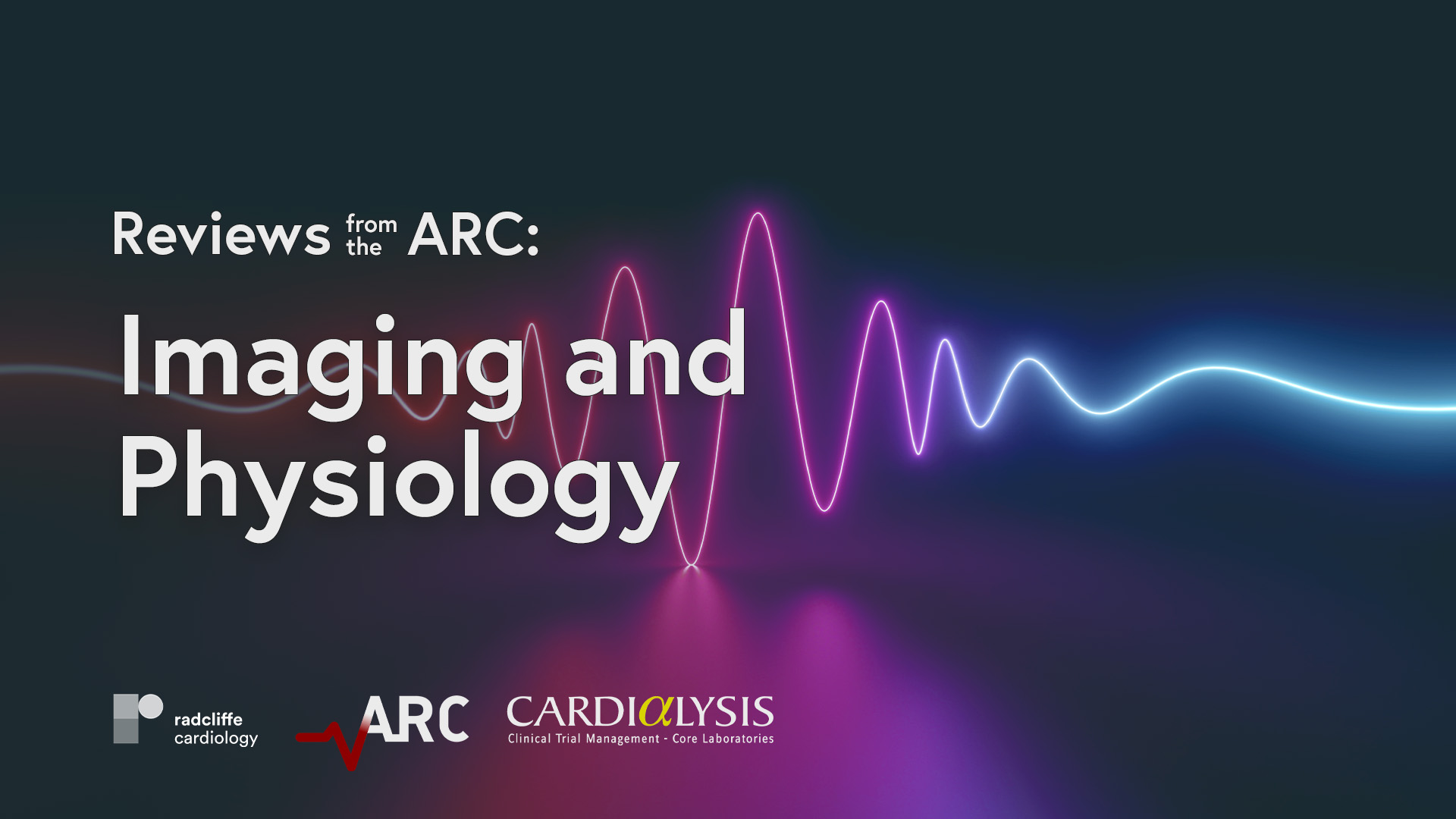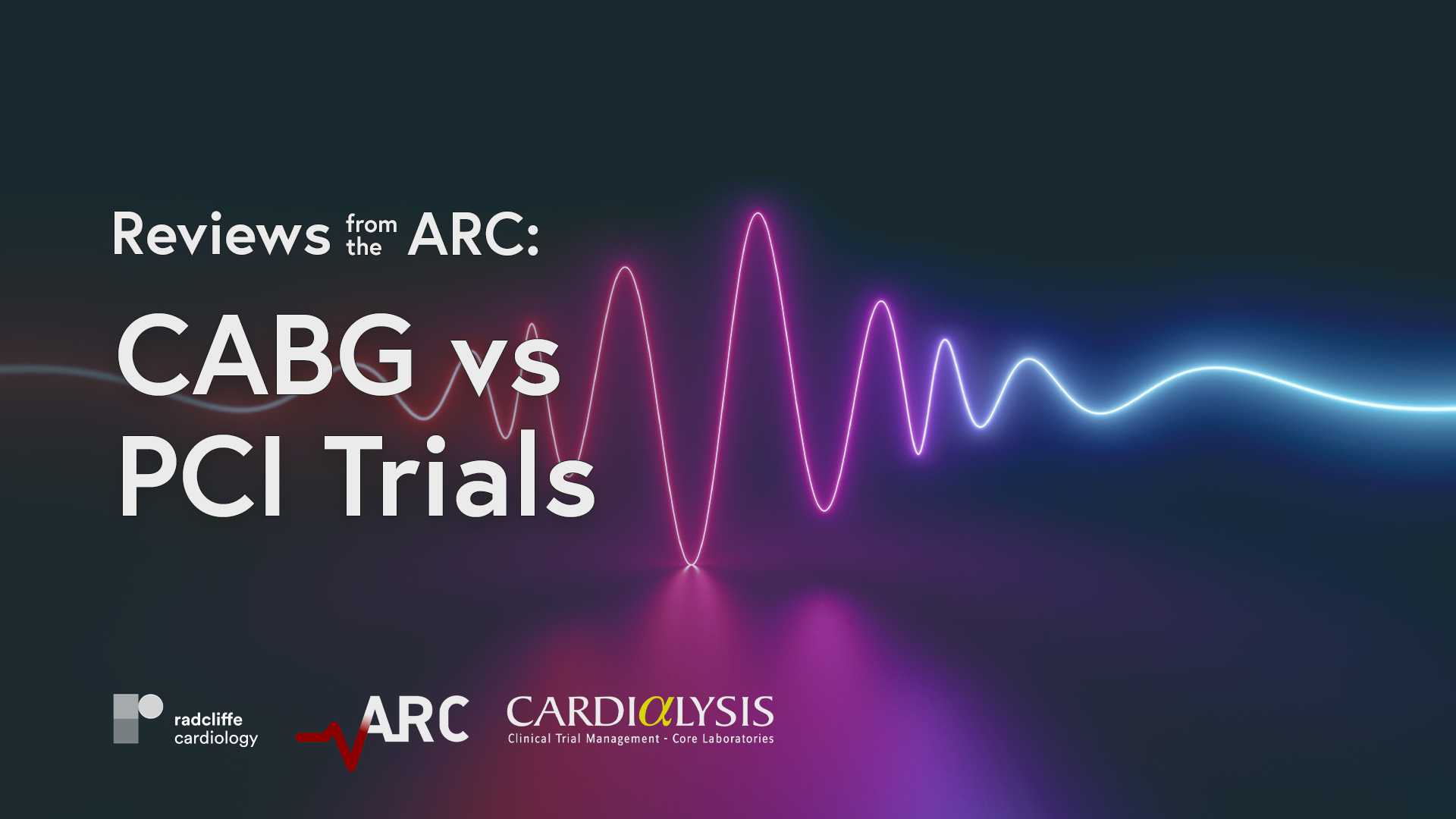Reviews from the Academic Research Consortium 3 – Coronary Interventions
Published: 08 November 2023
-
Views:
 1296
1296
-
Likes:
 7
7
-
Views:
 1296
1296
-
Likes:
 7
7
-
 26m 37sPart 1 State-of-The-Art in Coronary Research: Imaging Trials Hector M Garcia-Garcia, Shao-Liang Chen
26m 37sPart 1 State-of-The-Art in Coronary Research: Imaging Trials Hector M Garcia-Garcia, Shao-Liang Chen
Overview
The Academic Research Consortium (ARC) is an international collaborative forum across medical device stakeholders that includes academics, clinical trialists, regulatory bodies and industry.
The purpose of the ARC is to create a dynamic, transparent and collaborative forum for stakeholders to develop consensus definitions and standard nomenclature in pivotal clinical trials of medical devices and to disseminate such definitions and recommended processes into the public domain.
The ARC-2 initiative (2018) updated the widely used ARC-1 pragmatic consensus definitions for coronary device trials (2007) to incorporate experience gained with the initial definitions, interim recommendations from professional societies, and the expansion of clinical trials to include more complex patient/lesion subsets and novel devices. Coronary research definitions continue to evolve and the ARC-3 initiative is ongoing.
This webinar series addresses the hot topics in interventional cardiology, providing state-of-the-art reviews by global leaders from all over the world. Presentations were prepared for the ARC-3 in-person meeting earlier in 2023 and deal with historical and future perspectives.
Learn more about ARC at: www.academicresearchconsortium.org

Key Learning Objectives
- Discover the existing data, unmet needs, and practical considerations about personalisation of revascularization strategies, either through coronary artery bypass grafting or percutaneous coronary interventions
- Witness the unprecedented evolution of wire-based physiology, angio-based physiology, and CT-based physiology, for assessment of the severity and clinical relevance of coronary stenosis
- Explore the strength of coronary imaging data based on ongoing and completed studies in America, Asia, and Europe
- Learn about the largest studies in coronary physiology and coronary imaging that will determine the future indication and recommendation classes in clinical practice guideline
- Immerse into the possibilities of registry-based research through the eyes of some of the most notable experts on this topic globally
Target Audience
- Interventional Cardiologists
More from this programme
Part 1
State-of-The-Art in Coronary Research: Imaging Trials
Part 2
State-of-The-Art in Coronary Research: Physiology Trials
Part 3
State-of-The-Art in Registry-based Research: Imaging and Physiology
Part 4
State-of-The-Art in Coronary Research: CABG vs. PCI Trials
Faculty Biographies

Joost Daemen
Interventional Cardiologist
Dr Joost Daemen is a senior interventional cardiologist at the Thorax Center, Erasmus MC, Rotterdam, NL. Dr Daemen obtained his degree in medicine at the Erasmus University Medical Center. He is actively involved in several drug-eluting stent trials and is Principal Investigator of four trials focusing on the safety and efficacy of renal sympathetic denervation in hypertension, heart failure, vasospastic angina and heart failure. Dr Daemen is a member of the editorial board of EuroIntervention and the Netherlands Heart Journal, member of Young ICIN, and has completed courses in biomedical statistics and device training.

William Fearon
Professor of Medicine, Director of Interventional Cardiology
Dr William Fuller Fearon is a Professor of Medicine and the Director of Interventional Cardiology at Stanford University School of Medicine.
Dr Fearon graduated from Dartmouth College with his Bachelor’s in 1990. In 1994, he received his medical degree from Columbia University College of Physicians and Surgeons, where he was elected into the Alpha Omega Alpha Medical Honor Society.
He completed an Internal Medicine residency at Stanford University Medical Center where he remained for an extra year as a Medical Chief Resident. He completed a General Cardiology and Interventional Cardiology fellowship at Stanford, spending his third year as the Chief Cardiology Fellow.
Dr Fearon’s primary areas of research interest is in coronary physiology and his clinical activities include percutaneous coronary intervention and transcatheter aortic valve replacement.
He was the US principal investigator and senior author of the FAME trial and was a co-principal investigator…

Shengxian Tu
Dr Shengxian Tu, PhD, FACC, FESC is Professor of biomedical engineering at Shanghai Jiao Tong University in Shanghai, China.
Dr Tu received his PhD at the Leiden University Medical Center with cum laude. He is the inventor of both QFR and OFR techniques that allow for fast computation of fractional flow reserve from X-ray angiography and intracoronary optical coherence tomography, respectively.









Comments